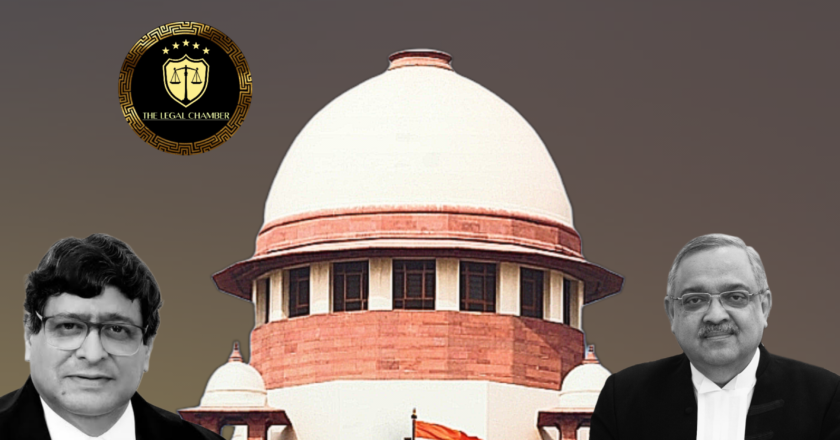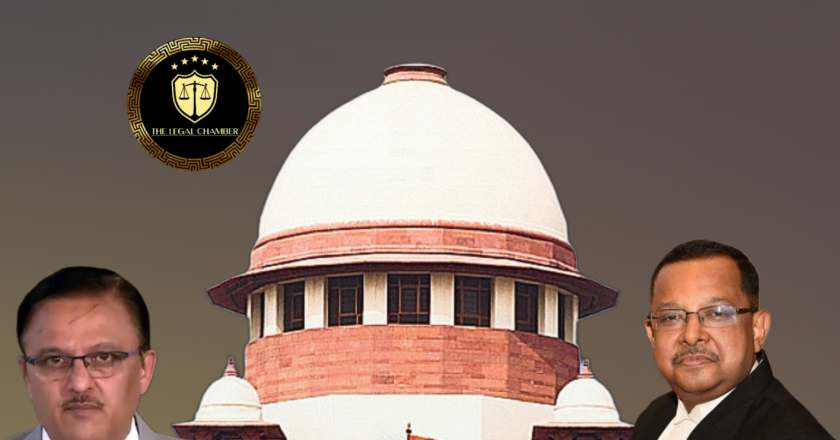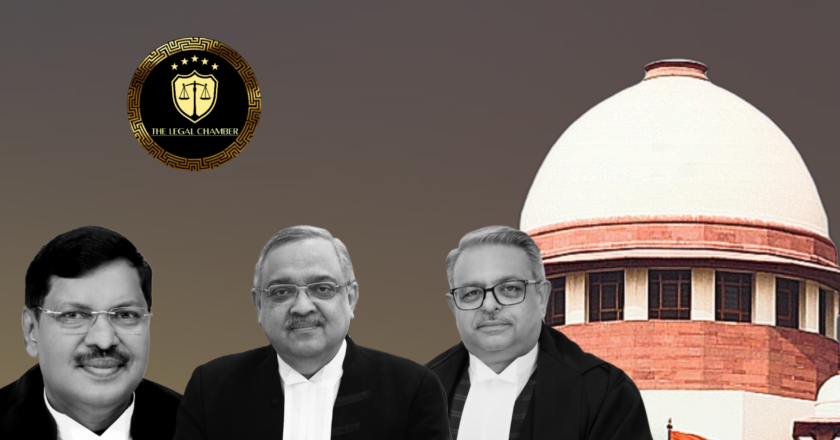Arbitrary Recruitment? Supreme Court Slams Punjab for Ignoring UGC & PSC Norms
The Supreme Court ruled that the Punjab government's recruitment of Assistant Professors and Librarians violated constitutional and statutory norms. The Court held that the State failed to consult the Punjab Public Service Commission as mandated under Article 320(3)(a) and disregarded UGC Regulations 2010, which were binding. The retrospective amendment to exclude these posts from the Commission’s purview was deemed illegal. The selection process, based solely on a written test without interviews or academic evaluation, was found arbitrary under Article 14. The Court quashed the appointments, directing fresh recruitment in compliance with UGC Regulations 2018.
Facts Of The Case:
In January 2021, the Punjab government sent requisitions to the Punjab Public Service Commission (PPSC) to fil...


